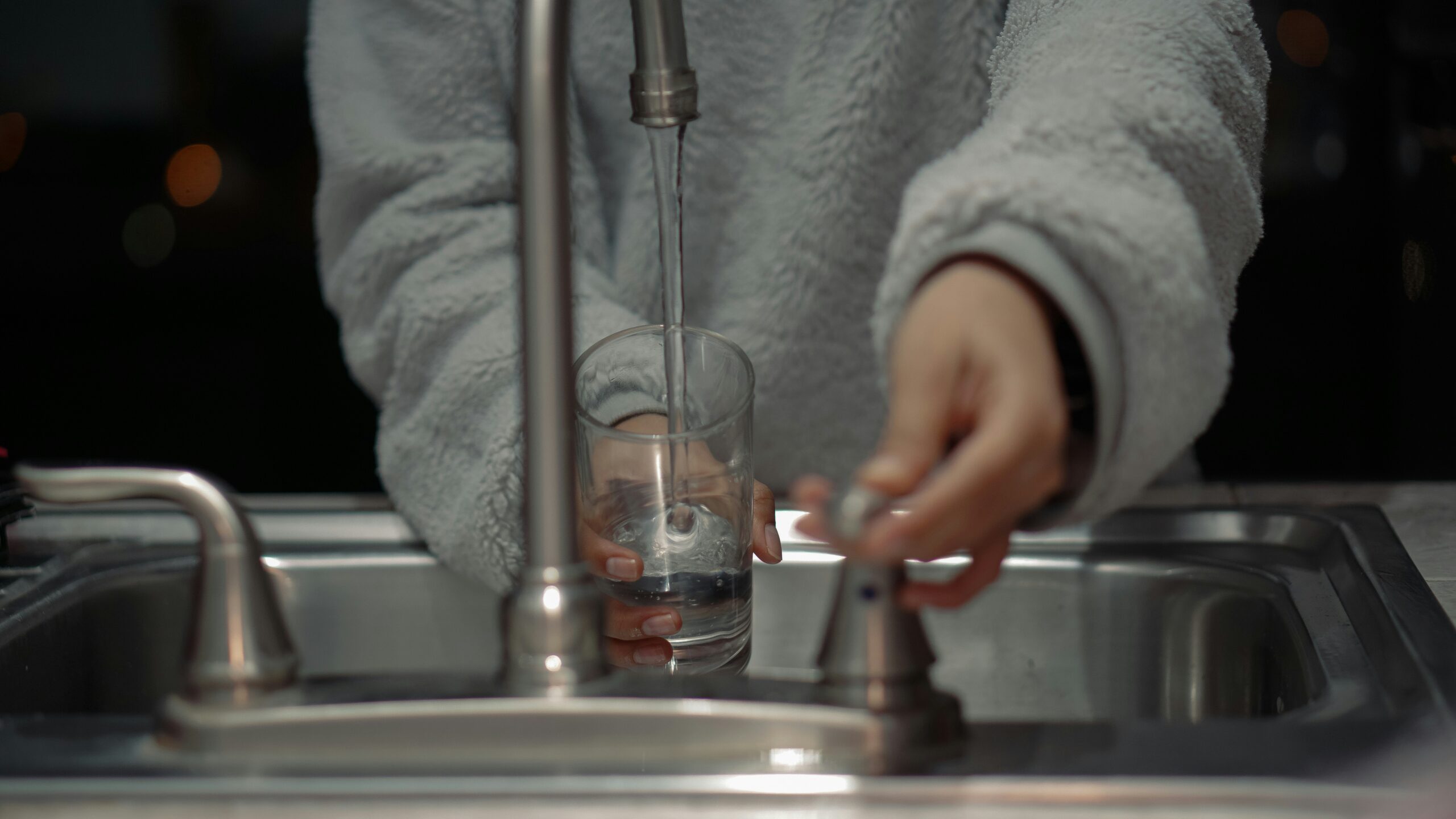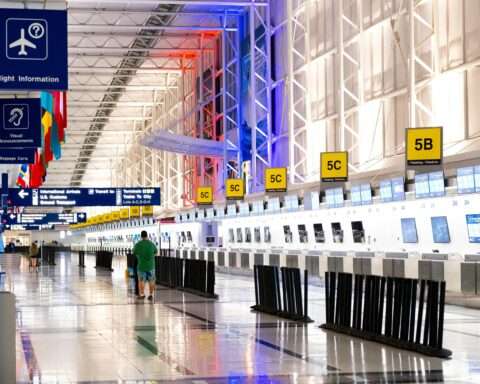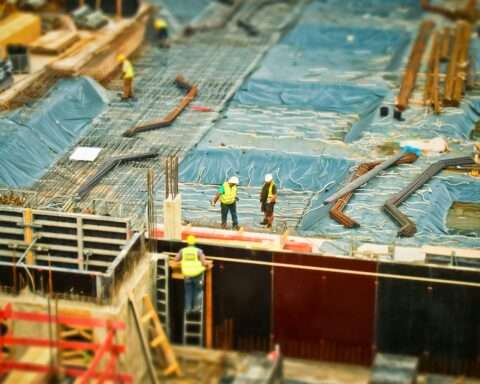The Environmental Protection Agency is making $3.6 billion in funding available for projects to upgrade water infrastructure to improve access to safe drinking water across the United States.
The funding is on top of $2.6 billion that was announced earlier this year, bringing the combined investment in Fiscal Year 2025 water projects to $6.2 billion.
The Bipartisan Infrastructure Law funding will flow through the Clean Water and Drinking Water State Revolving funds, a long-standing federal-state water investment partnership.
The state-run, low-interest loan programs are intended to address key challenges in financing water infrastructure. Included are allotments for Bipartisan Infrastructure Law Clean Water General Supplemental funds ($2.6 billion) and Emerging Contaminant funds ($225 million), and $800 million under the Drinking Water Emerging Contaminant Fund, the EPA says.
A majority of funding will be awarded to disadvantaged communities who will not need to repay the amounts awarded, the EPA adds. The Water Technical Assistance program will help disadvantaged communities identify water challenges, develop infrastructure upgrade plans, and apply for funding.
“Water keeps us healthy, sustains vibrant communities and dynamic ecosystems, and supports economic opportunity. When our water infrastructure fails, it threatens people’s health, peace of mind, and the environment,” says EPA Administrator Michael S. Regan. “With the Bipartisan Infrastructure Law’s historic investment in water, EPA is working with states and local partners to upgrade infrastructure and address local challenges—from lead in drinking water, to PFAS, to water main breaks, to sewer overflows and climate resilience.
“Together, we are creating good-paying jobs while ensuring that all people can rely on clean and safe water.”













